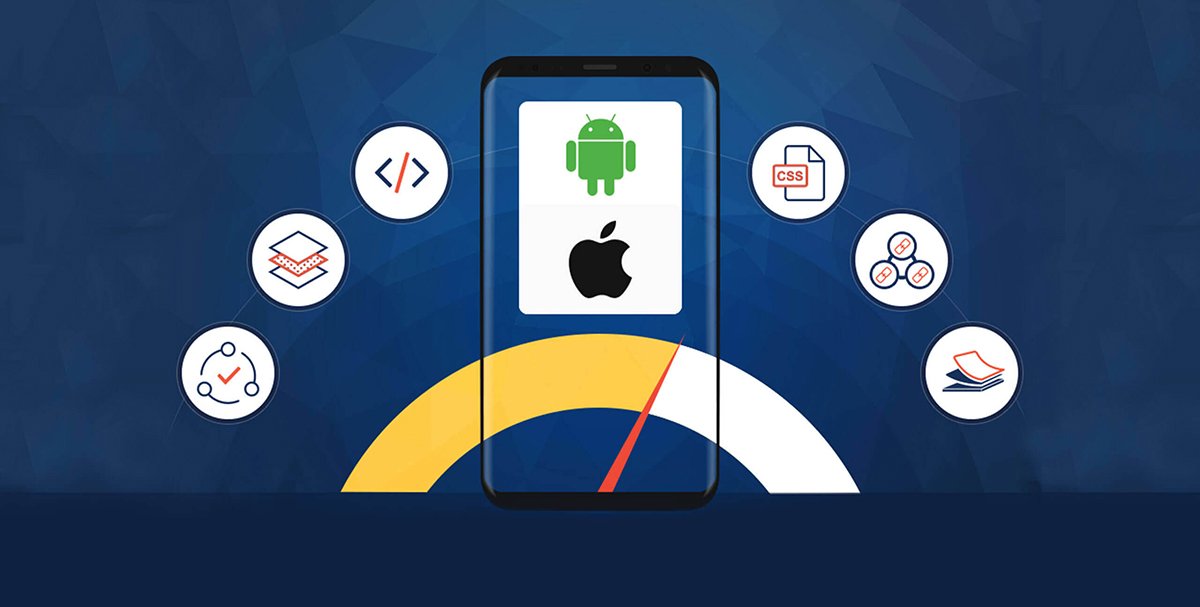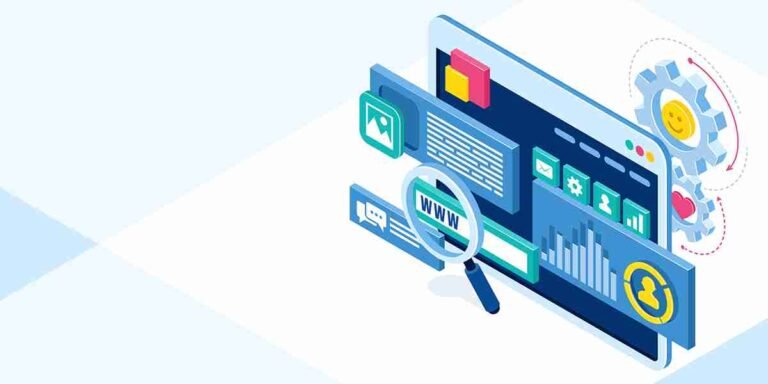How to Ensure Smooth Performance Across Platforms with Hybrid Apps

In today’s fast-paced digital landscape, hybrid apps have emerged as a vital solution for businesses seeking to reach diverse audiences across various platforms. At Mountain Techno System, we understand that delivering a seamless user experience is paramount. This article explores essential strategies and best practices to ensure smooth performance of hybrid apps across platforms, enabling you to meet user expectations and drive engagement.
1. Understanding Hybrid Apps and Their Importance
- What are Hybrid Apps?: Hybrid apps combine the best of both native and web applications, allowing developers to create a single codebase that functions across multiple operating systems.
- The Need for Smooth Performance: Inconsistent performance can lead to user frustration and abandonment, making it crucial to optimize hybrid apps for smooth operation.
2. Key Factors Influencing Hybrid App Performance
- Framework Selection: Choose robust hybrid frameworks (like React Native, Flutter, or Ionic) that are known for high performance and responsiveness.
- Optimized Codebase: Ensure your code is clean, modular, and optimized for performance to minimize load times and enhance responsiveness.
3. Best Practices for Smooth Performance Across Platforms
- Efficient Resource Management
- Use Lazy Loading: Implement lazy loading techniques to load resources only when needed, reducing initial load times.
- Optimize Images and Assets: Compress images and other assets to decrease file sizes, ensuring faster loading and improved performance.
- Testing on Multiple Devices
- Cross-Platform Testing: Regularly test your hybrid app on different devices and operating systems to identify and resolve performance issues.
- Utilize Real Device Testing: Emulators may not replicate performance accurately; use real devices for comprehensive testing.
- Performance Monitoring and Analytics
- Implement Performance Monitoring Tools: Use tools like Google Lighthouse or New Relic to monitor app performance and gather insights.
- Analyze User Feedback: Collect and analyze user feedback to identify performance issues and areas for improvement.
- Code Optimization Techniques
- Minimize DOM Manipulations: Reduce the number of DOM manipulations to enhance rendering speed.
- Use Caching: Implement caching strategies to store frequently accessed data, reducing load times and improving performance.
4. Leveraging Backend Services for Performance Enhancement
- Cloud Services: Utilize cloud services for backend operations to improve scalability and reduce latency.
- APIs for Efficient Data Management: Ensure that APIs are well-structured and optimized for fast data retrieval and management.
5. Future Trends in Hybrid App Performance Optimization
- AI and Machine Learning Integration: Explore how AI can enhance app performance through personalized user experiences and predictive analytics.
- Progressive Web Apps (PWAs): Consider PWAs as a complement to hybrid apps, offering offline capabilities and enhanced performance.
Ensuring smooth performance across platforms with hybrid apps requires a strategic approach that encompasses framework selection, efficient resource management, thorough testing, and ongoing performance monitoring. At Mountain Techno System, we are committed to helping businesses leverage hybrid app development to achieve optimal performance and deliver exceptional user experiences.














